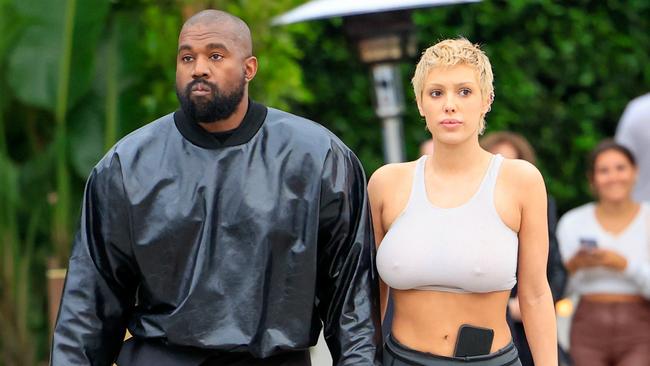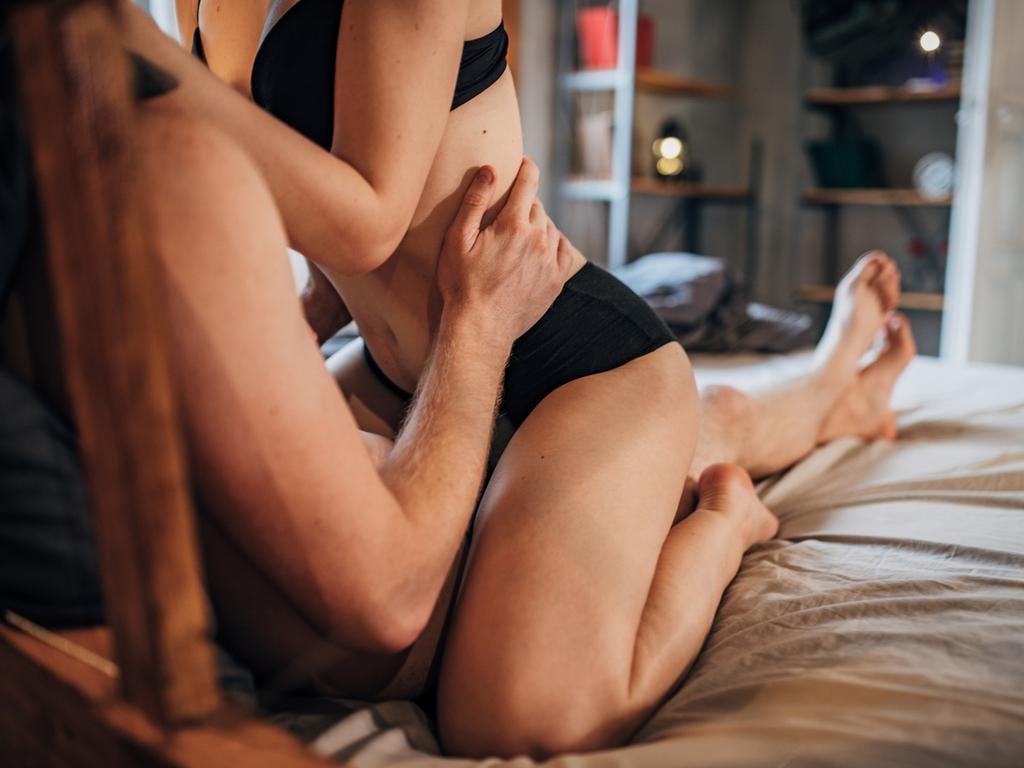The distressing powerlessness of Bianca Censori
The distressing powerlessness of Bianca Censori.

It’s a newish apartment block. They live exposed, night after night; the passing world views them inside. There are no curtains or blinds and all the residents have chosen this new way of being, of seeing. They live exposed as they prepare food at identical kitchen islands, eat dinner at tables in similar spots, watch TV on indistinguishable lounges. They go about their night time business on multiple levels of this smart apartment block nearby, existing behind naked floor-to-ceiling glass and happy, one assumes, with the unveiled arrangement. Or unthinking. Or accepting. As the way life is lived now.
Privacy? Who cares. This is performative existence, and we’re all watching. Yet what strikes me about those without privacy is the loneliness of it. Privacy is an essential human prerequisite, surely, or was. As Ovid declared, Bene vixit, bene qui latuit. “To live well is to live concealed.” Yet this is the era of living transparently, without the nuance of dignified retreat. Your life as a gift to the people outside. In the brave new world of this new apartment block there’s no squirrelling off, no hiddenness, coyness. Family life is live-streamed to anyone passing by, it’s reality TV in real time – and I can only imagine their social media accounts.
Yet in this era of public privacy, disappearance and concealment is riveting. Look at the commanding power of a Banksy or an Elena Ferrante, compared to what seems like the distressing powerlessness of Bianca Censori, the wife of Ye, formerly Kanye West. The persona she presents to the world is victim. Of a controlling abuser. I hope I’m wrong, but she never looks happy or free-spirited or joyful; the visage is unsmiling, grim, cowed. If only she would give us her take, her voice, yet she’s rendered voiceless. She presents as the antithesis of the empowered female.
In this era, attention is currency, of course, yet a violation of privacy feels like a violence, a cruelty, a de-centering of the soul. The desire for personal privacy isn’t about hiding or shame or secrecy, it’s about wanting to uncurl, needing to, to become your true self in a sanctuary of alone. The very texture of privacy is replenishing, soldering, calming.
Privacy is mystery. Provocation. A basic requirement of existence. It’s a torture to be constantly observed, tracked, monitored, yet this is the way we’re going. Heading into George Orwell’s 1984. Back to the future, forward into the past. Teens use Snap Maps on Snapchat, which pinpoints your location for all your friends so they know where everyone is, all the time – and, well, who is brave enough to turn off their whereabouts? To let everyone see they’re doing nothing but staying at home on a Saturday night? The pressure, the pressure of a world without replenishing privacy.
Mystery, privacy and discretion seem like such old-fashioned concepts now, yet there’s beauty and intrigue and power to them. For those willingly forsaking privacy, what have they lost? I have an old university friend whom Ino longer have contact with, who has completelyvanished from the internet. A writer in our MA Creative Writing course – better than any of us – yet he never published after graduation and there’s no social media, no LinkedIn, nothing. He hasn’t died, for surely there’d be a digital record of that. The vanishing is complete. Magnificent. Astounding.
I admire that steely FOJI – Fear of Joining In. There’s something gloriously renegade to it, something pioneering and deeply, provocatively solitary. Banksy has declared that invisibility is a superpower; and as for those curtain-less souls living their lives on show, I think of Milan Kundera’s prescient words: “…little by little the people themselves lose their taste for private life and their sense of it. Life when one can’t hide from the eyes of others – that is hell.”






To join the conversation, please log in. Don't have an account? Register
Join the conversation, you are commenting as Logout